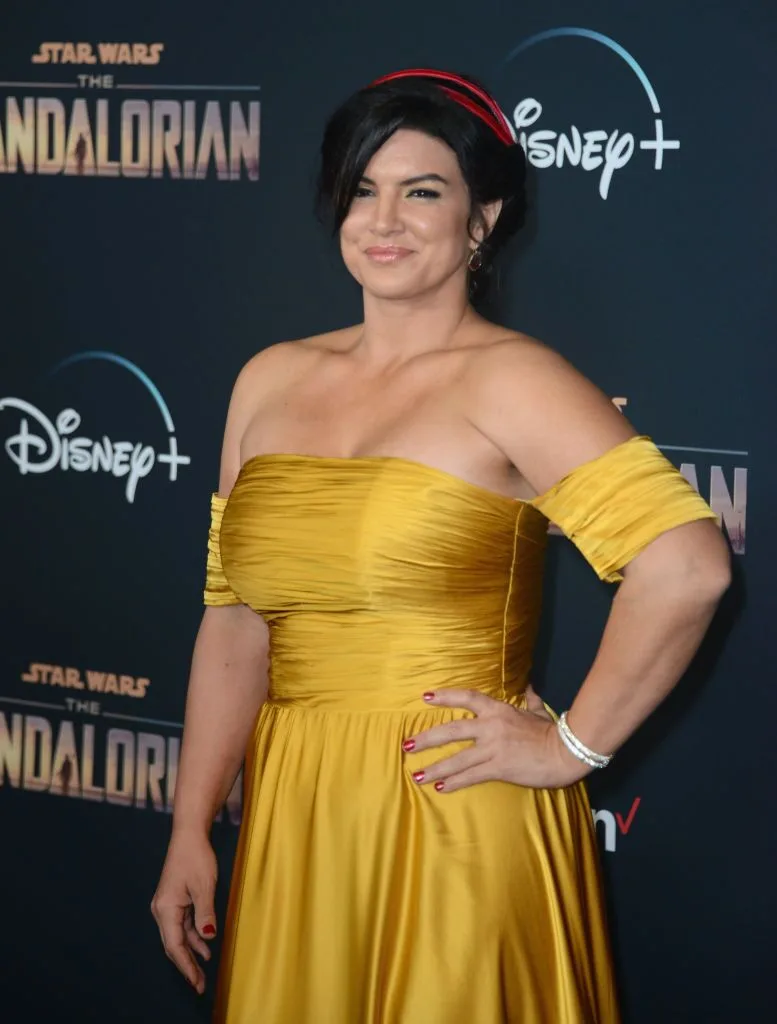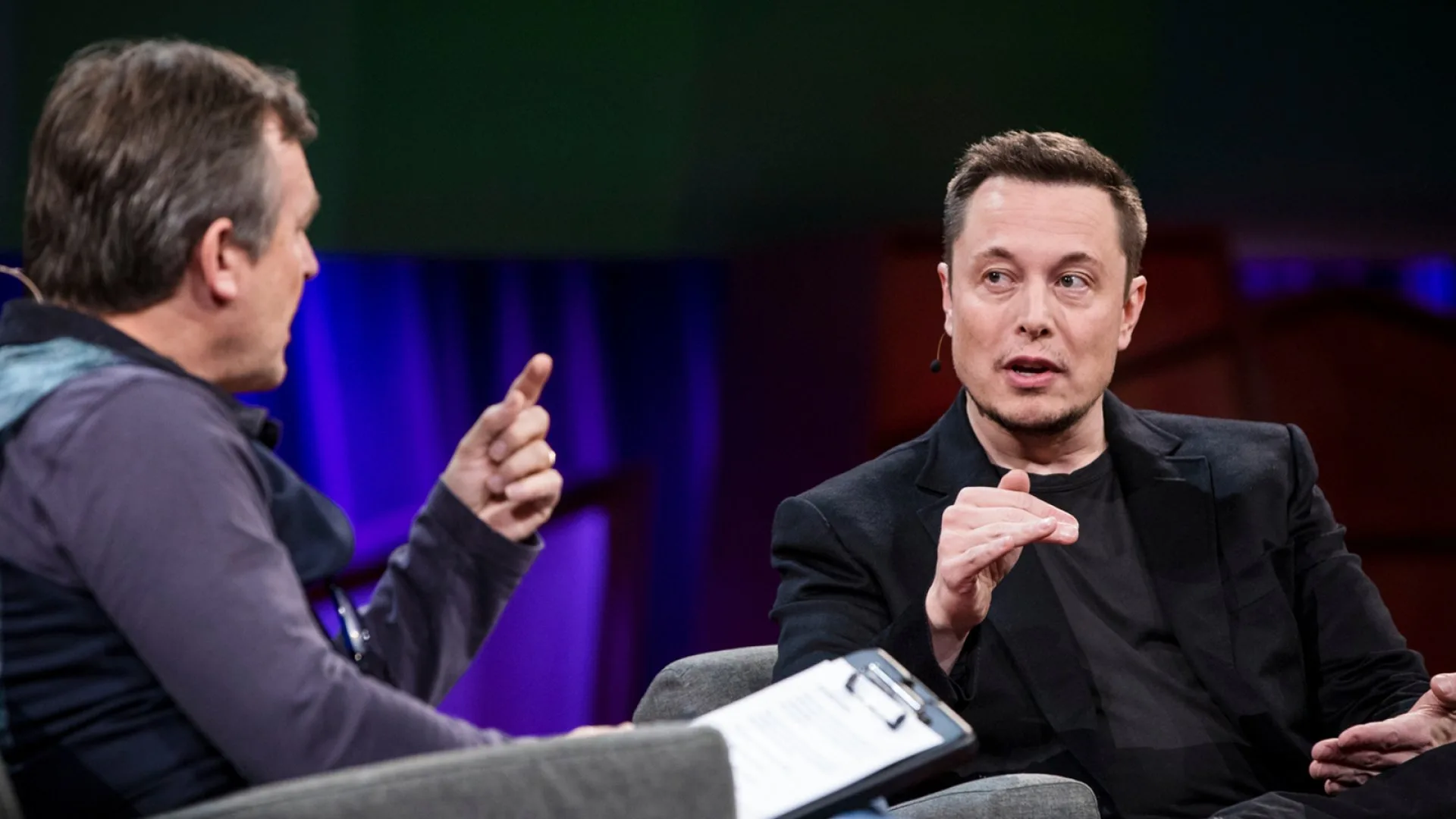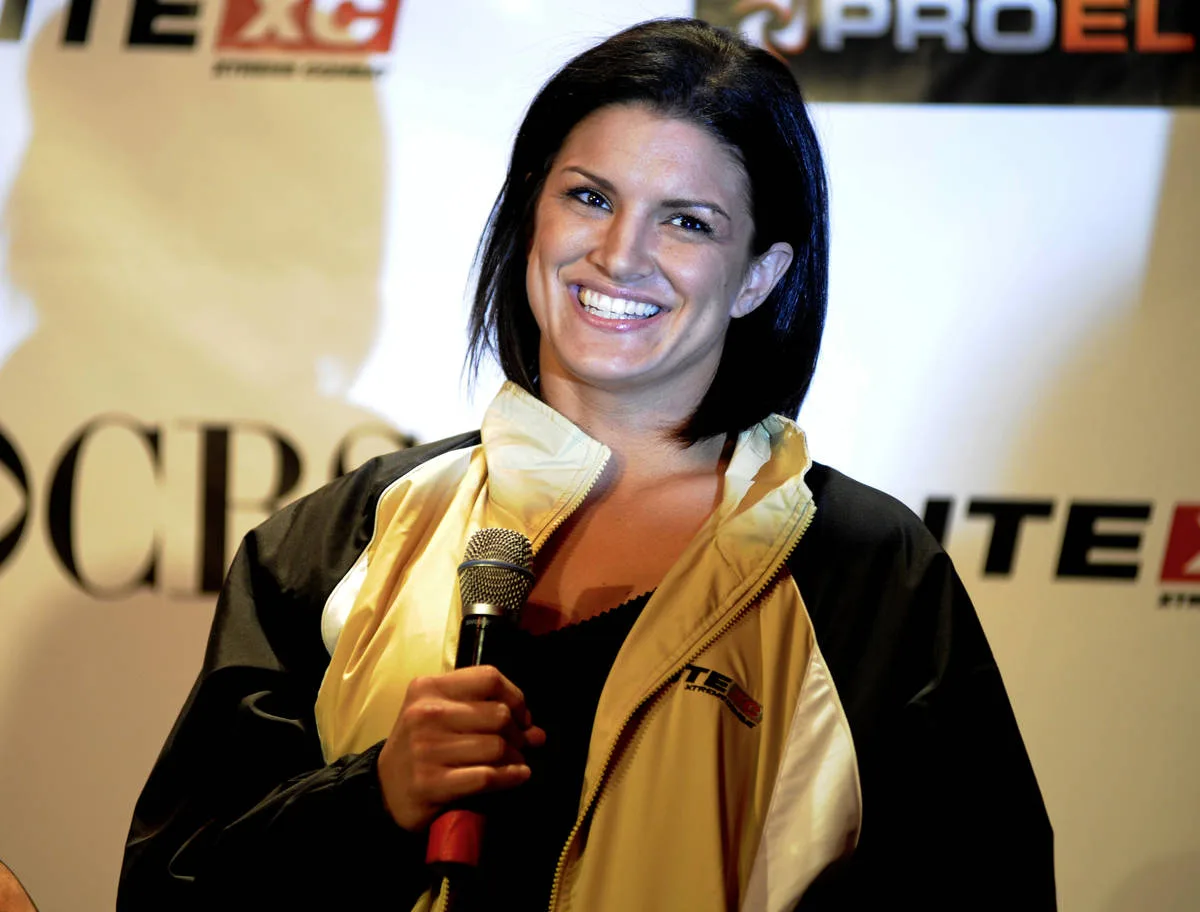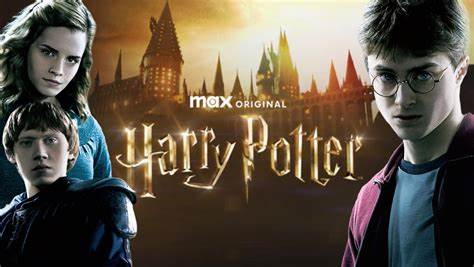Introduction:
The recent lawsuit filed by actress Gina Carano against Lucasfilm and The Walt Disney Company has sparked widespread attention and debate. This legal battle, fueled by controversial social media posts and allegations of wrongful termination, has raised significant questions about free speech, corporate accountability, and the power dynamics in the entertainment industry. In this article, we delve into the intricacies of the lawsuit, providing a comprehensive overview of its background, legal arguments, and potential implications.
Background of the Gina Carano lawsuit:

Gina Carano, known for her role as Cara Dune in the hit series “The Mandalorian,” was terminated by Lucasfilm and Disney in 2021 following a series of controversial social media posts. These posts, including comparisons between being a Republican and being Jewish during the Holocaust, sparked outrage and led to her dismissal from the show. Carano alleges that her termination was unjustified and motivated by her political beliefs, leading her to file a lawsuit seeking reinstatement and damages.
Legal Arguments and Allegations:
In the lawsuit, filed in federal court in California, Carano alleges wrongful termination, discrimination, and retaliation by Lucasfilm and Disney. She claims that she was targeted for expressing her own opinions on social media platforms and faced harassment and defamation as a result.
The complaint cites instances where Carano’s male co-stars made similar political statements without facing repercussions, highlighting a double standard in the treatment of actors based on their political affiliations.
Implications for Free Speech and Corporate Responsibility:
This case raises important questions about the boundaries of free speech in the digital age and the responsibilities of corporations towards their employees. While individuals have the right to express their opinions, especially on personal platforms, the impact of these statements on their professional careers remains a contentious issue.
Additionally, the power dynamics between corporations and individuals, particularly in the entertainment industry, underscore the need for transparent and fair employment practices.
Elon Musk:
Elon Musk, a name synonymous with innovation, disruption, and boundless ambition, stands as one of the most influential figures of the 21st century. As the CEO and founder of multiple groundbreaking companies, including SpaceX, Tesla, Neuralink, and The Boring Company, Musk has reshaped entire industries and pushed the boundaries of what is possible in technology and space exploration.

With his relentless drive, unconventional thinking, and willingness to take on seemingly impossible challenges, Musk has captured the imagination of millions around the world and cemented his status as a visionary entrepreneur. In this article, we explore the remarkable journey of Elon Musk, from his humble beginnings to his current status as a global icon of innovation.
FAQs?
Q1. What are the specific allegations made by Gina Carano in her lawsuit against Disney and Lucasfilm?
A. Carano alleges wrongful termination, discrimination, and retaliation based on her political beliefs and social media posts. She claims that her termination was unjustified and motivated by a desire to silence dissenting voices.
Q2. What legal arguments does Carano present in her lawsuit?
A. Carano argues that her termination violated her rights to free speech and fair treatment in the workplace. She claims that she was targeted for expressing her own opinions on personal social media platforms and faced harassment and discrimination as a result.
Q3. How does Carano’s lawsuit highlight broader issues related to free speech and corporate responsibility?
A. The lawsuit underscores the challenges individuals face in balancing their right to free speech with the potential consequences of their statements on their professional lives. It also raises questions about the responsibilities of corporations to uphold principles of diversity, inclusion, and fairness in their employment practices.
Q4. What are the potential implications of Carano’s lawsuit for the entertainment industry?
A. The outcome of Carano’s lawsuit could set important precedents for how corporations navigate issues related to free speech, political expression, and employee conduct. It may also prompt discussions about the role of social media policies and the boundaries between personal and professional behavior.
Conclusion:
The lawsuit filed by Gina Carano against Disney and Lucasfilm represents a significant moment in the ongoing debate surrounding free speech, corporate accountability, and individual rights. As the legal proceedings unfold, it remains to be seen how the case will shape future conversations about the intersection of politics, entertainment, and employment practices. Regardless of the outcome, the issues raised by this lawsuit are likely to reverberate throughout the entertainment industry for years to come.
Recommended Reading:-https://citytimesnow.com/dick-dyke-according-to-jane-seymour-transformed/


